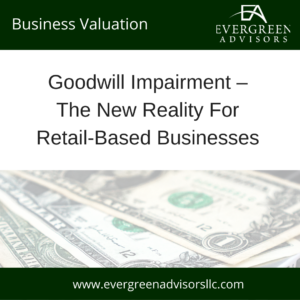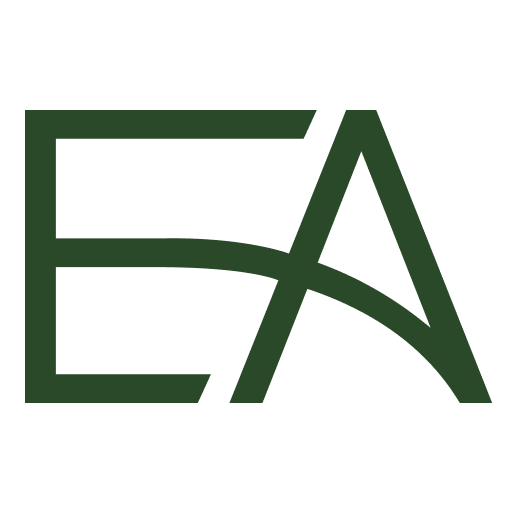On March 18, 2020, YUM! Brands, Inc. (NYSE: YUM), a worldwide owner and operator of restaurant brands, acquired The Habit Restaurants, Inc.  (NasdaqGM: HABT or “Habit”) for approximately $408 million in cash. At the time, Habit operated 245 company-owned and 31 franchised Habit Burger Gill restaurants in the U.S. and in China. According to YUM’s 10Q filing, Habit expected to benefit from the global scale and resources of YUM. As a result of the transaction, YUM recorded $219 million of goodwill and $98 million in brand/trademark value based on the analysis of a third-party valuation firm.
(NasdaqGM: HABT or “Habit”) for approximately $408 million in cash. At the time, Habit operated 245 company-owned and 31 franchised Habit Burger Gill restaurants in the U.S. and in China. According to YUM’s 10Q filing, Habit expected to benefit from the global scale and resources of YUM. As a result of the transaction, YUM recorded $219 million of goodwill and $98 million in brand/trademark value based on the analysis of a third-party valuation firm.
Not surprisingly, within the same filing, YUM disclosed that substantially all Habit’s restaurants were impacted by COVID-19 during the quarter, and an interim impairment test of the Habit reporting unit goodwill was performed. As a result, YUM recorded goodwill impairment of $139 million, representing a write-off of approximately 63% of goodwill less than two weeks after the transaction closed.
When YUM was negotiating the terms of this transaction, which was announced on January 5, 2020, it was unlikely the full economic impact of the pandemic was known. Otherwise, management may have delayed closing or perhaps negotiated a much lower price. Regardless of the unfortunate timing, the Habit acquisition illustrates several important questions regarding goodwill impairment given the current economic environment:
- What Qualifies as a Goodwill Impairment Triggering Event? – Goodwill is normally tested annually for impairment. However, if it is determined that economic circumstances caused a “triggering event”, an interim test may be necessary. According to FASB Accounting Standards Codification (“ASC”) 350/360, a triggering event can be caused by deterioration in economic conditions, industry or market conditions, increases in costs, declining financial performance or other entity-specific events such as customer loss, management changes or other events. In this case, YUM management determined that the COVID-19 pandemic had an immediate detrimental impact on the financial performance of Habit and, therefore, qualified as a triggering event.
- What Valuation Methods Should be Applied to Determine Goodwill Impairment? – Similar to valuations performed for other purposes, the third-party valuation firm needs to consider all relevant methods and approaches when determining the fair value of a reporting unit. In this case, the valuation firm utilized an income approach through a discounted cash flow analysis. The fair value was determined based upon a probability weighted average of three scenarios, which included assumed recovery dates of Habit restaurants to pre-COVID-19 levels over periods ranging from the beginning of 2021 to the end of 2022. Estimated restaurant unit counts were based on near-term closures as well as the pace of expected new unit development.
For companies in retail-based industries such as restaurants, the impact of COVID-19 has been immediate and significant. This has forced both management and auditors to re-examine balance sheets for potential impairment of goodwill and other assets, often resulting in significant write-downs. Additionally, valuation professionals have been forced to re-examine traditional valuation methods and approaches given the nature and reasonableness of the underlying data. Thought leaders in the valuation profession believe that in certain circumstances, a multi-scenario projection approach may be appropriate due to wide-ranging uncertainties and potential impacts to operations. Given the extreme volatility of the stock market at the time, the market approach may or may not yield a reasonable result for the reporting unit. Ultimately, the valuation of a reporting unit needs to be based on an analysis of the facts and circumstances of each case and needs to consider all relevant methods and approaches. With respect to the retail sector, the impact of COVID-19 will require valuation firms and their clients to re-calibrate financial projections based on current facts and adjust expectations accordingly.
Members of the Business Valuation Practice Group of Evergreen Advisors offer you reliable business valuation advice and well-reasoned opinions. Our findings are supported by actual market transactions, the most recent industry and economic research, the latest in valuation methodologies, and actual transaction experience.
We have experience with a wide range of industries and can assist you with a variety of business valuation advice in connection with the following services: Estate and Gift Tax Planning, Fair Value for Financial Reporting, Equity Incentive Plans (409A), Employee Stock Ownership Plans (ESOPs), Transaction Support, and Fairness & Solvency Opinions.
Have questions? Please contact us at 410-997-6000.

